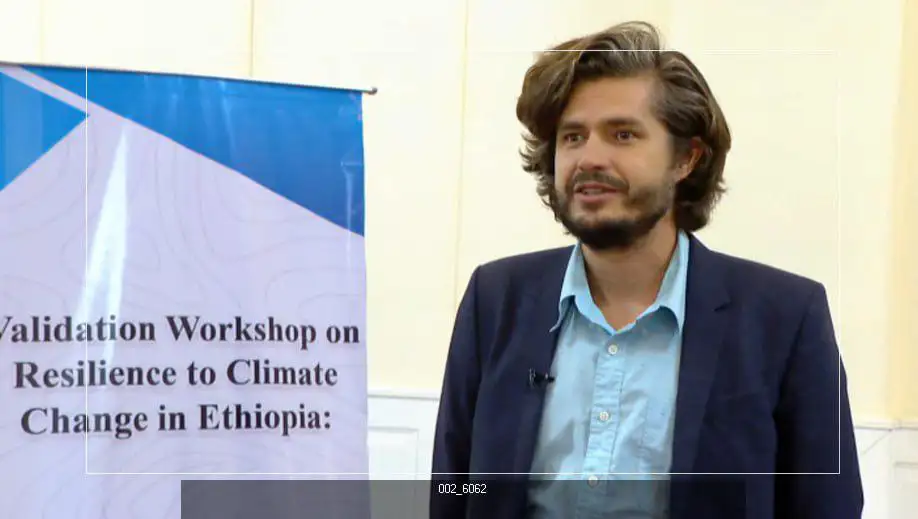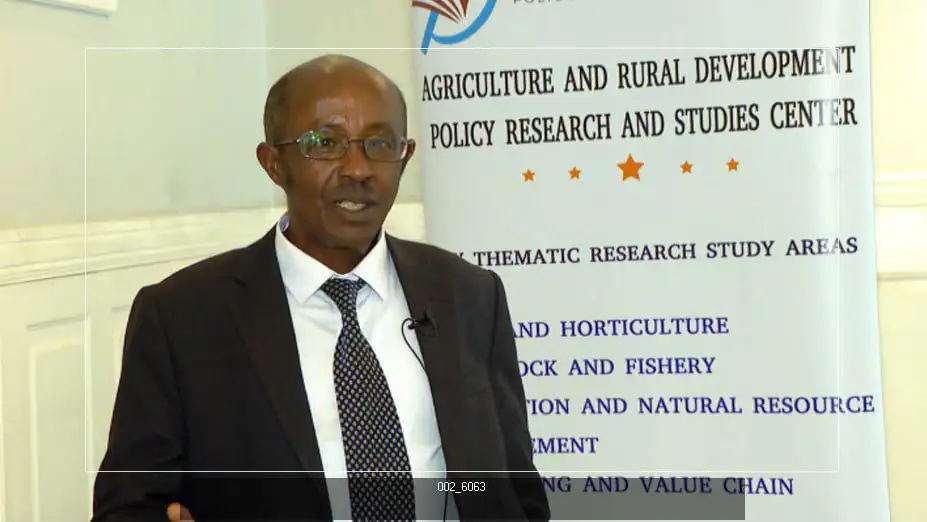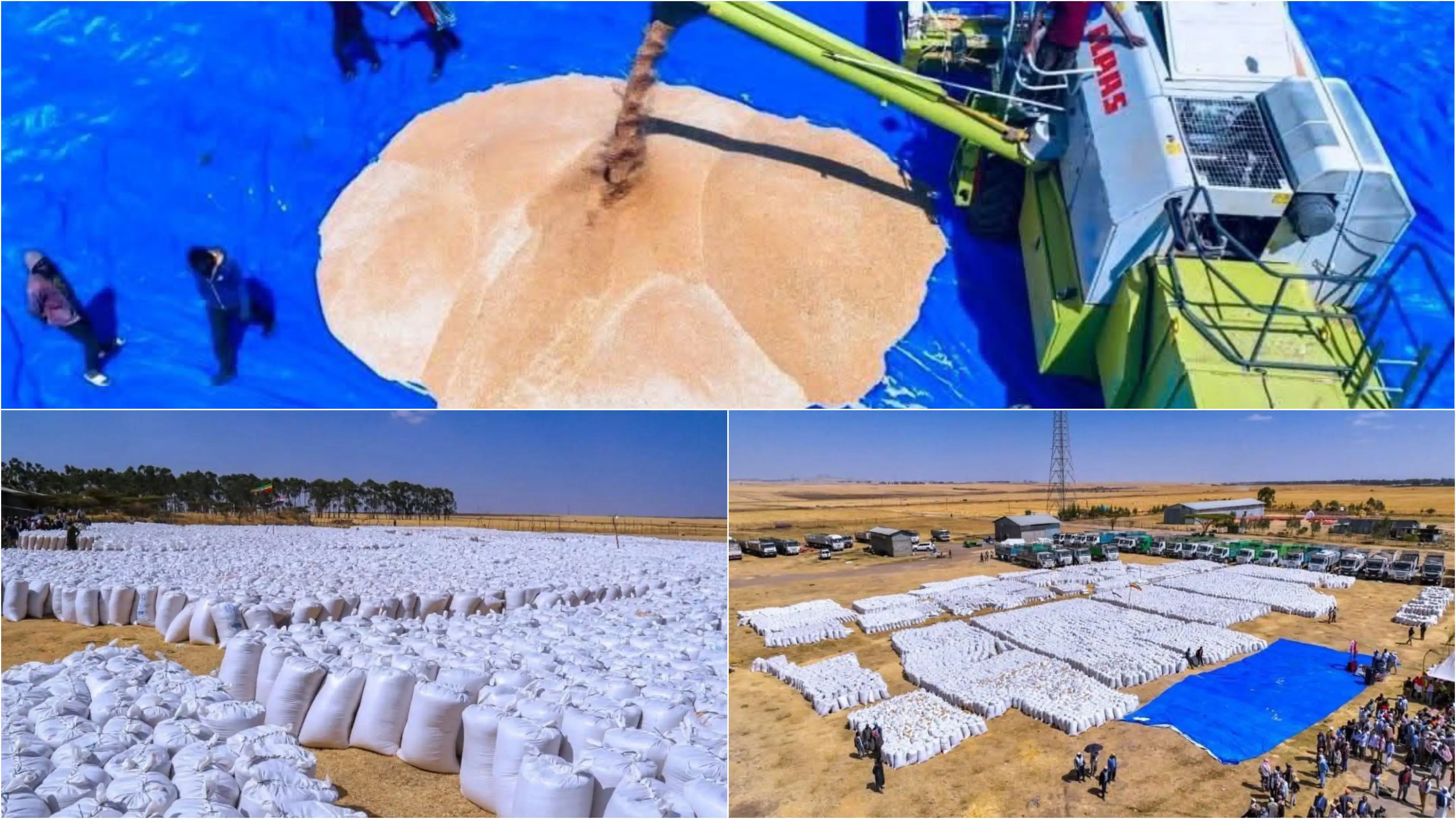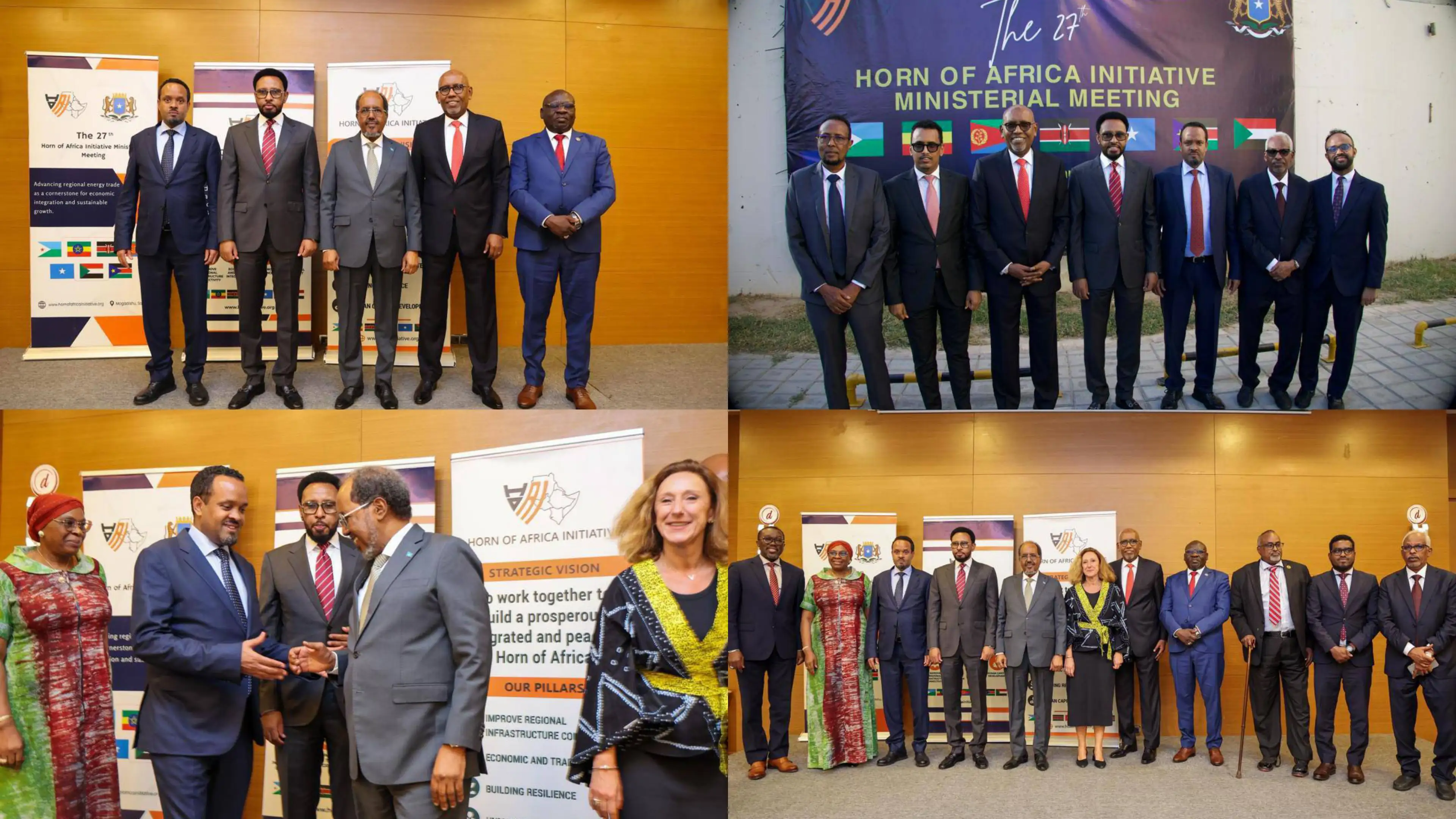By: Kassahun Chanie
In a groundbreaking revelation, Finn Trap (Prof.), a prominent figure at the University of Copenhagen’s Policy Studies Institute (UCPH), discussed Ethiopia's urgent challenges regarding gender imbalances and poverty during an exclusive interview with EBC English World.
This conversation followed the introduction of a comprehensive collaborative project involving three household surveys set for 2021, 2023, and 2025, carried out in partnership with Ethiopia’s Policy Studies Institute (PSI).
Trap emphasized the project’s significance, stating, “This initiative allows us to track the same households over time, creating an invaluable dataset that reveals how interventions impact living conditions, technology adoption, and the critical support farmers receive from the Extension Service.” The survey results highlight a stark reality: women in Ethiopia bear a disproportionate weight of poverty, often facing more severe hardships compared to men. The primary goal of the project is to ensure that policy measures effectively address these inequalities, particularly focusing on aiding women and marginalized communities.
The project is structured around several key action items aimed at addressing these gender imbalances. Among the recommendations is the need for a thorough analysis of survey data, which will help to illuminate how living conditions are changing. Crucially, it will also assess technology adoption rates and the levels of assistance provided to farmers through the Extension Service. Additionally, the project plans to compare areas that have received interventions with those that have not, to measure their relative impact.
In outlining the survey’s objectives, Trap noted, “By concentrating on the same households, we can minimize external variables and focus on the direct effects of our interventions.” This methodology helps to paint a clearer picture of how various factors influence the lives of Ethiopian farmers and their families, enabling a more informed approach to policy planning.
Trap also drew attention to the urgent need to tackle the existing gender disparities. He stated, “It’s essential to recognize that poverty does not affect all individuals equally. Women, in particular, are more vulnerable and experience higher levels of hardship.” Addressing these gender imbalances is not just a matter of equity but also a strategy for improving overall welfare and resilience, especially in regions challenged by climate change and environmental stressors such as drought.
The project is ambitious in its aim to not only highlight the successes of interventions but also pinpoint areas requiring further attention and improvement. “Our ultimate objective is to enhance the lives of the most vulnerable individuals in Ethiopia,” Trap remarked, emphasizing the importance of refining policy implementation to better serve those in need.
Adding a critical perspective, Peter Fisker (PhD) from the Policy Studies Institute explained that despite decades of insecurity, the Institute has managed to collect high-quality quantitative data, a feat he describes as an achievement amid obstacles. “Our data reveals stark realities about rural households: large sizes, low education levels, and diverse migration patterns shaped by local economic opportunities,” Fisker stated. He expresses hope that this presentation will compel the Ministry of Agriculture to take action, particularly in addressing productivity gaps prevalent in rural areas and pinpointing the effects of rising food prices, especially in drought-affected regions like Ethiopia’s Somalia regional state.

Peter Fisker (PhD)
Fisker highlighted the urgent recommendation for the government to take action: “The government must acknowledge the diverse challenges faced by its rural population, particularly during these times of escalating food prices.”
To amplify the impact of this data, he laid out crucial action items for policymakers, including informing the Ministry of Agriculture about the pressing needs in the Somali Region and encouraging continuous dialogue with government representatives to ensure these gaps in productivity and rural development are addressed.
For his part, in a compelling interview with EBC English World, Tadesse Kuma (PhD), a leading expert from the Ethiopian Policy Studies Institute (PSI), emphasized the pressing need for the Ethiopian government to confront the alarming realities of climate change. He reported on the findings of a workshop that focused on a collaborative research project, conducted alongside the University of Copenhagen and Oxford Policy Management. The study, funded by Oxford Policy Management, surveyed households in 2021, 2023, and April 2023 and uncovered critical data: 61% of households are unprepared for future climate shocks, and only one-third have the means to handle short-term adversities.

Tadesse Kuma (PhD)
Tadesse stressed that immediate policy action is essential. Key recommendations include enhancing agricultural productivity, creating jobs, and transitioning to modernized, irrigated farming practices. "The evidence we’ve gathered clearly indicates that profound gaps exist in our capacity to deal with climate challenges. We must act decisively," he stated. As Ethiopia stands at a crossroads in its development journey, the insights shared by Trap, Fisker, and Tadesse serve as a clarion call for immediate and focused action to uplift the most vulnerable populations, particularly women, and foster an equitable environment that supports sustainable growth across the nation.




